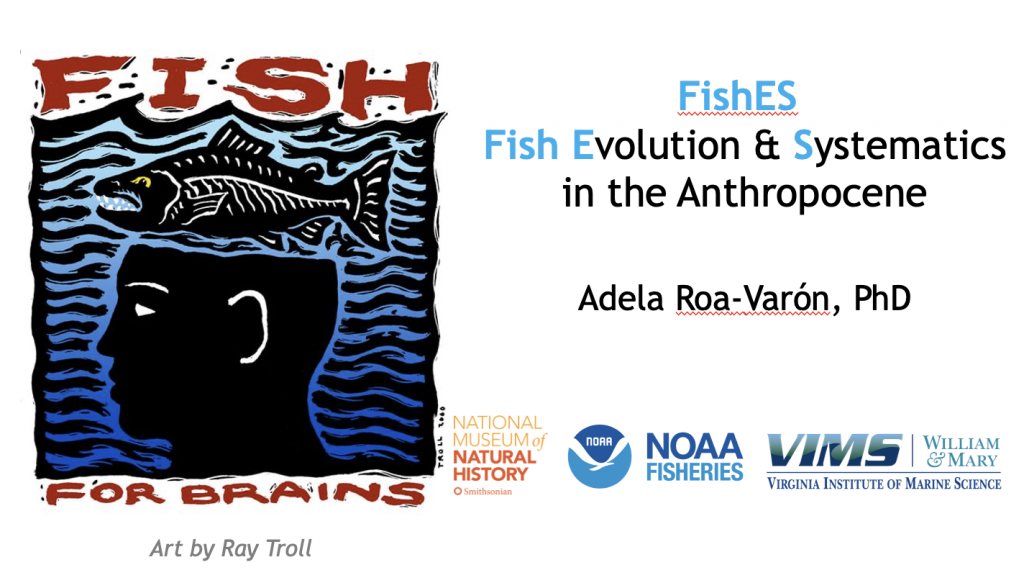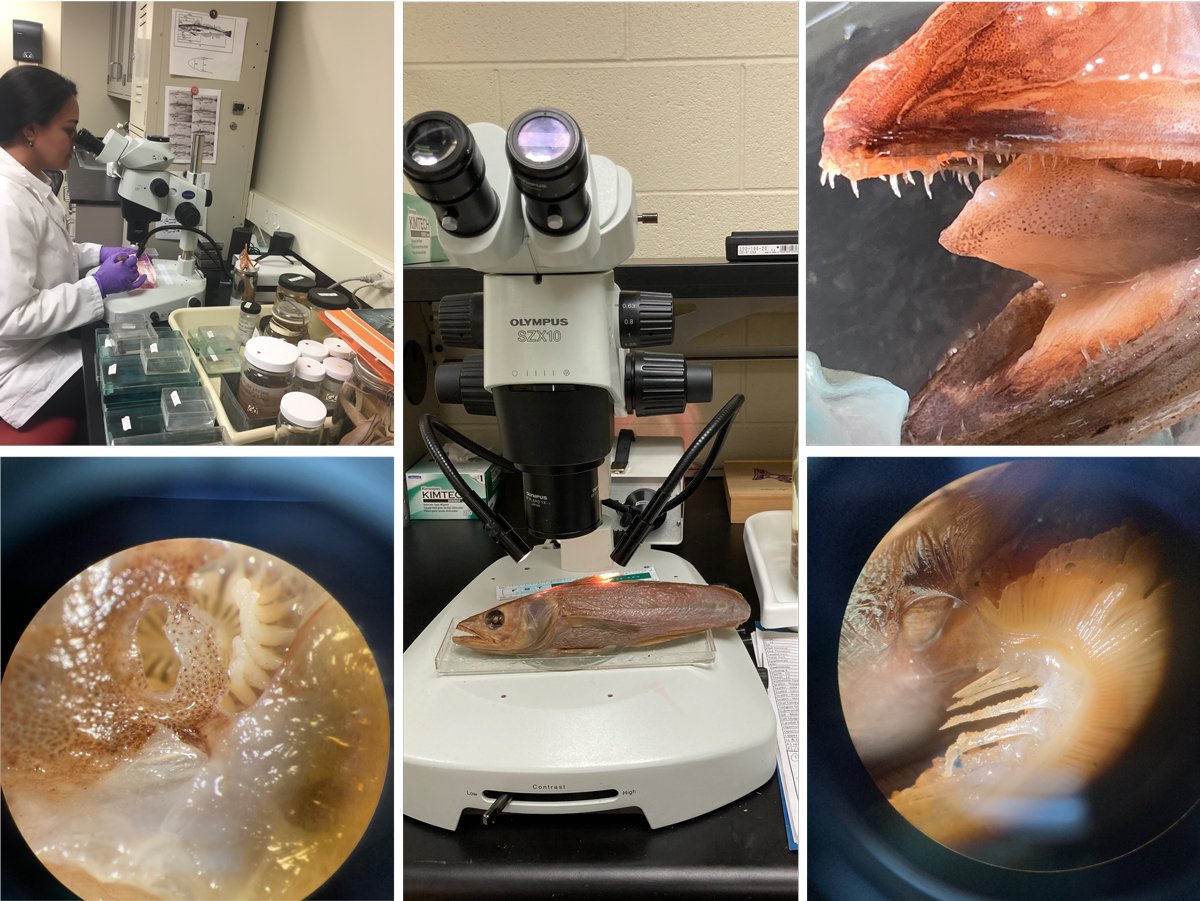Fish-ES
Today, I´LL be talking at the scripps Institution of Oceanography about… Fishes

Climate change, ocean acidification, pollution and other factors are already affecting the distribution range, migratory habits, and stock size of many marine fish species. Reliable estimation of phylogeny is central to avoid inaccuracy in downstream macroevolutionary inferences. The large amount of data generated with next generation sequencing has addressed the stochastic sampling related with limited number of phylogenetically informative characters.
However, genomic scale studies are prone to systematic error due to the presence of nonphylogenetic signal. As phylogenomic data sets are steadily growing, it is crucial to develop and employ methods to assess and understand the extent to which systematic error affects phylogenetic inference and explore ways of mitigating this in empirical studies. In this talk we will explore methodological and biological sources of systematic error that can result in biased or incorrect parameter estimates when reconstructing phylogeny using the gadiform fishes as a model clade.
Using molecular techniques across multiple scales coupled with morphological and ecological data is ideal for a better understanding of the evolution of commercially and ecological valuable fishes. This is necessary for effective fisheries management and the preservation of reproductive and genetic diversity. Although, my research is focused on fish, the questions are universal to the fields of ecology and evolutionary biology and can be applied to any organism
Lastest post
recent Post

Career Day at Lynbrook School!



